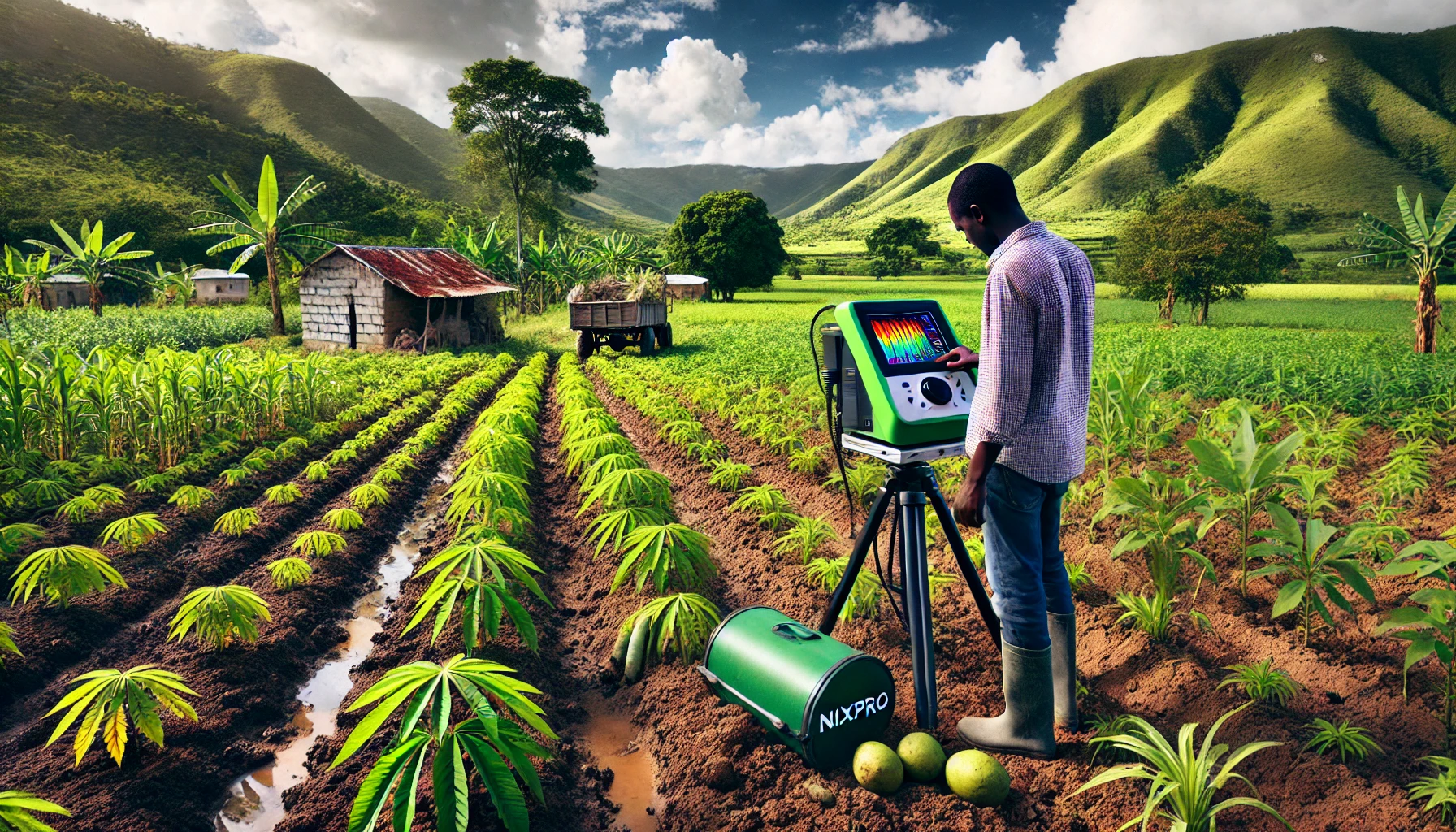Japan Pledges $5.1M to Boost Food Security and Resilience for Smallholder Farmers in Zimbabwe
The three-year project aims to improve food security, build resilience, and create sustainable agricultural practices in a country grappling with climate challenges.

The United Nations World Food Programme (WFP) has received a US$5.1 million contribution from the Government of Japan to support 37,000 climate-affected smallholder farmers across five districts in Zimbabwe. The three-year project aims to improve food security, build resilience, and create sustainable agricultural practices in a country grappling with climate challenges.
The project focuses on enhancing agricultural productivity and market opportunities for smallholder farmers through:
Water-Based Infrastructure: Developing irrigation and water storage systems to mitigate drought impacts.
Value Chain Development: Facilitating sesame seed production, a high-demand crop with significant export potential.
Capacity Building: Strengthening agricultural extension services to provide technical support and training.
Japanese Support for Sesame Value Chains
Japanese Ambassador to Zimbabwe, H.E. Shinichi Yamanaka, emphasized the role of sesame as a central crop in the project.
ITOCHU Corporation, a Japanese trading company, will be involved in completing the sesame value chain, creating export pathways.
The Japanese government will invest an additional US$72,000 to fund storage facilities for sesame farmers in Mwenezi District, implemented by Sustainable Agriculture Technology (SAT). SAT will also support sesame production, processing, and market access, enhancing income opportunities for farmers.
Addressing Climate Challenges and Food Security
Zimbabwe continues to face food insecurity exacerbated by climate change and recurrent droughts, including the recent El Niño-induced drought. By integrating climate-adaptive practices, the project will help farmers transition to sustainable crops such as sesame, which is drought-resistant and holds strong market potential both locally and internationally.
“This invaluable contribution from the Government of Japan allows us to make food more available, easier to access, and more reliable for Zimbabwean families,” said Barbara Clemens, WFP Country Representative and Director in Zimbabwe. “By supporting farmers to grow food sustainably and connect them to markets, we address both immediate food needs and long-term community resilience.”
Long-Term Impact and Partnership
Japan has been a consistent partner in Zimbabwe’s food security efforts. Since 2019, the country has contributed over US$28 million to WFP initiatives, focusing on food assistance and resilience-building programs.
This latest project not only helps to address Zimbabwe’s immediate food needs but also empowers communities to achieve long-term agricultural and economic stability. It aligns with broader goals to create self-reliant farming systems, boost exports, and strengthen Zimbabwe’s position in regional and global agricultural markets.
Expanding Economic Opportunities
In addition to sesame production, the project includes measures to diversify crops, promote value-added products, and improve export logistics. This initiative is expected to significantly increase income for smallholder farmers, reduce dependency on food imports, and support local job creation.
Japan's contribution underscores the importance of international collaboration in tackling food insecurity and climate adaptation, paving the way for a more sustainable agricultural future in Zimbabwe.
- READ MORE ON:
- Japan
- Zimbabwe
- Food Security










